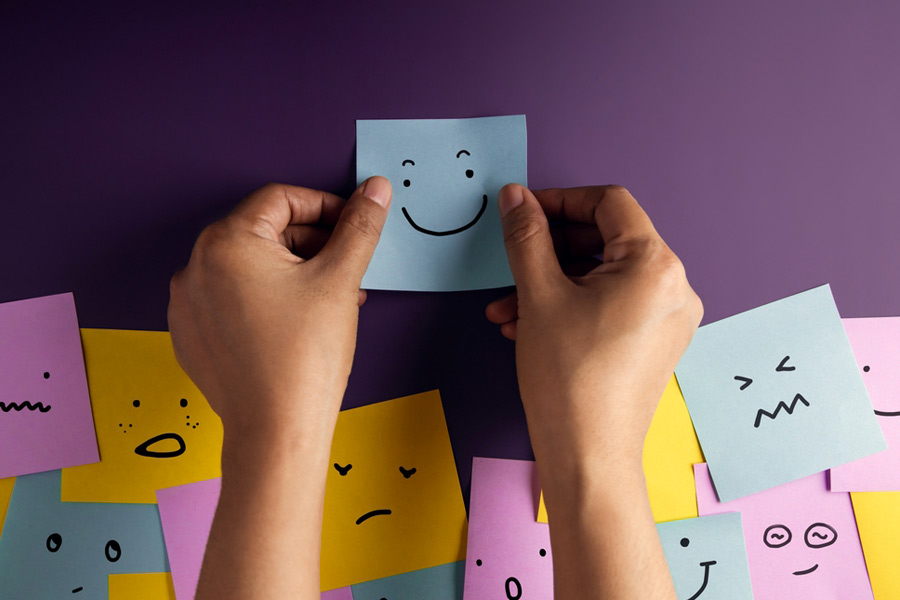Mental health services and facilities must be accessible to all regardless of socioeconomic status, the World Health Organisation (WHO) said on Tuesday while underlining the need to destigmatise mental health issues.
On the World Mental Health Day, the WHO said mental health is a universal human right.
"Just as the right to physical health is a fundamental aspect of human dignity, the right to mental health is equally indispensable," Dr Poonam Khetrapal Singh, WHO Regional Director for South-East Asia, said.
In countries of the WHO South-East Asia Region, which includes India, one in seven people are living with mental health conditions, she said in a statement.
Anxiety and depressive disorders were the commonest conditions among both men and women, contributing to almost 50 per cent of the total number of people living with mental disorders in the WHO South-East Asia Region.
For mental health to be recognised as a universal human right, there must be a transformation of societal attitudes and government policies, she said.
All necessary steps should be taken to protect populations from the risks of mental health conditions that include overarching issues such as climate change, humanitarian emergencies and social factors such as inequity and poverty. "There needs to be awareness and education to destigmatise mental health issues. Discrimination and stigma are major barriers that prevent individuals from seeking help and support. Also, mental health services and facilities must be accessible to all, regardless of socioeconomic status, location, or other circumstances," she said.
Observing that mental health is a state of well-being in which an individual realises their abilities, can cope with the normal stresses of life, can work productively and is able to make a contribution to their community, she said it is not merely the absence of mental disorders but a positive state of mental and emotional well-being.
This definition aligns with the broader conception of human rights as not only freedoms from harm but freedoms to lead a fulfilling life, Singh said.
It is also crucial to recognise that mental health intersects with various aspects of life, including education, employment, housing, and social participation.
A person's mental well-being impacts their ability to exercise other rights, such as the right to education and the right to work. When mental health is protected, individuals are better equipped to engage meaningfully in society, she stated.
Except for the headline, this story has not been edited by The Telegraph Online staff and has been published from a syndicated feed.











